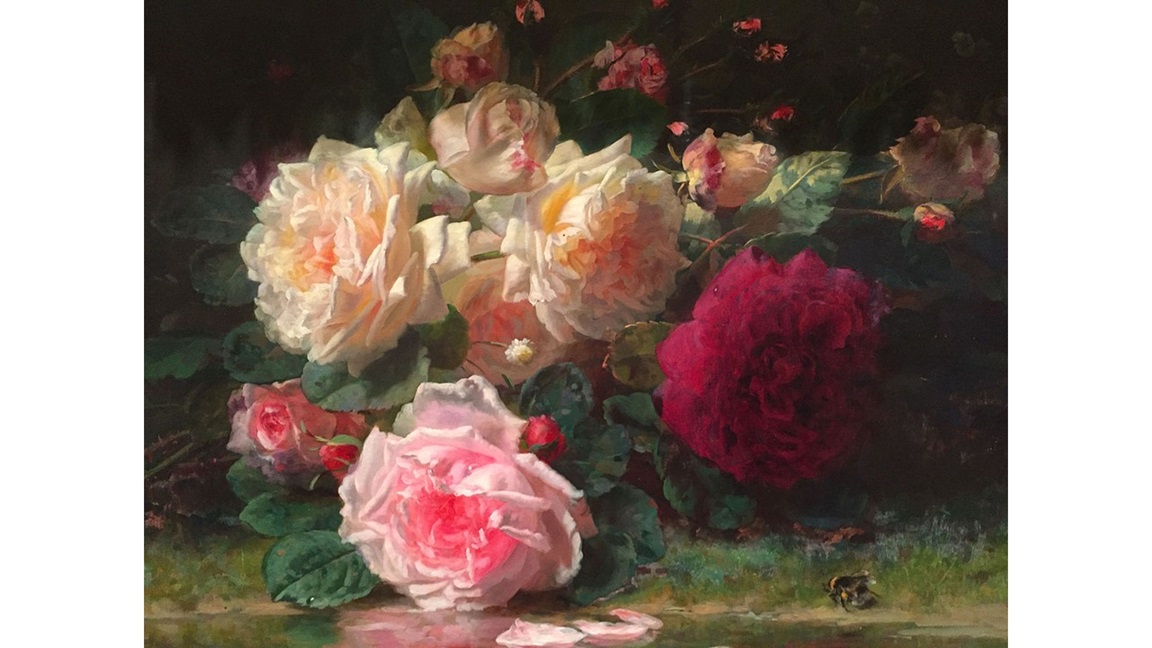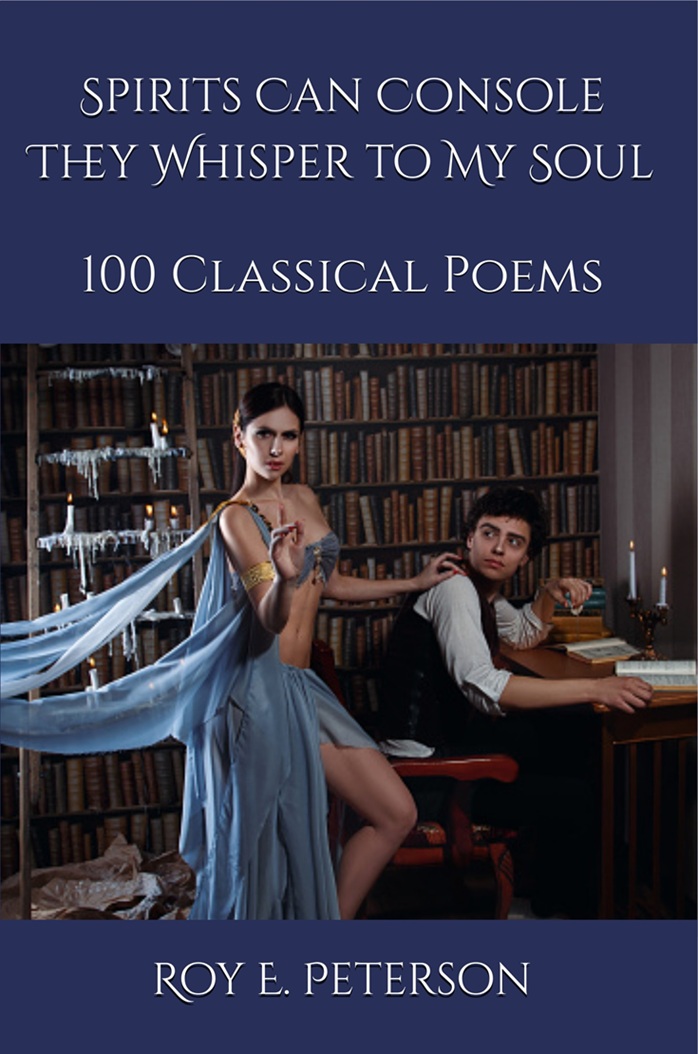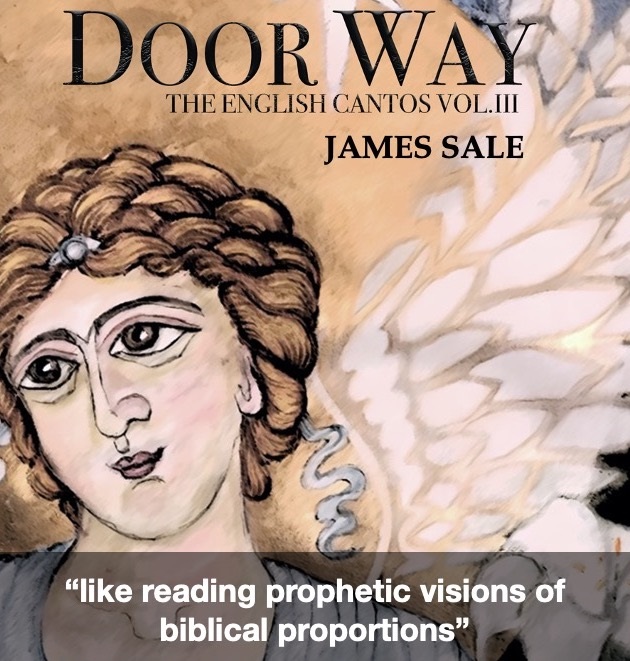.
Colours of War
What colour was the war to end all wars?
We’ve watched as men, in grainy black and white,
go o’er the top to face the chomping jaws
of curtain fire and shrapnel’s iron bite.
And when the muted thud of gas shells came,
the battleground transformed into a field
of jaundiced mustard, searing like a flame
those lungs that breathed in gas and never healed.
Survivors and the dead alike lived on
in washed out shades of sepia which left
a photographic record once they’d gone
to join Death’s roll or soldier on bereft.
But most of all the war to end all wars
is poppy-red, a hue to give us pause.
.
3rd place in the Inter-Board Poetry Competition (IBPC), December, 2016)
.
.
Paul A. Freeman is the author of Rumours of Ophir, a crime novel which was taught in Zimbabwean high schools and has been translated into German. In addition to having two novels, a children’s book and an 18,000-word narrative poem (Robin Hood and Friar Tuck: Zombie Killers!) commercially published, Paul is the author of hundreds of published short stories, poems and articles.

















Paul, this is absolutely right for this day and up there with the very best. They are playing a lot of WW1 on TV at the moment and I shudder to think of those young men trapped in their place and time.
A most moving piece. Thank you.
Thanks for commenting, Jeff.
WWI was greatly underrepresented on the big and small screens until the last decade or so. Outside of documentaries, I recall All Quiet on the Western Front, Lawrence of Arabia, Gallipoli and ANZACS. The day-to-day-life in the trenches of the Western Front seemed to be too raw and shocking to be treated by anyone but poets, especially while those who lived through the events were still with us.
Since then we’ve had Flyboys, War Horse, 1917, Journey’s End, and the post-WWI The Water Diviner (the latter set in Gallipoli).
Time can distance us emotionally from the traumas of the past. I believe it’s important to have memory-joggers of such periods of tragedy and sacrifice for the future generations, coloured though they are by camera lens and movie scripts.
Stark, solemn and evocaative. A wortny tribute.
Thanks for reading, Sally. I was originally spurred on to write this sonnet from some work I did at a village museum. The schoolmaster asked all the former pupils who went to the First World War to send him a photograph. The pictures are all in an album.
Part of my job was to record what was written on the backs of those photographs, which was all to often (one in eight, I recall) that they died on the Western Front.
Thank you, Paul. Stark, but eloquent.
Thanks for reading. As a kid I was admonished by my English teacher for romanticising the Second World War in my stories – WWII was a staple of the films and comics at the time. Your comment and Sally’s comment are very humbling.
This is so very good, Paul. It is indeed stark but your study of the colors of war and suffering and death are brilliant — and very moving. Thank you for this.
Thank you very much, Brian. I appreciate the comment.
This is a good poem. My grandfather lost one of his lungs in WW1 due to mustard gas.
Thanks for reading.
The mustard gas part of the poem was suggested by my time in the Hertfordshire village of Ashwell, England. In the Congregational Church burial ground is a war grave (the small, oblong, upright stones are very distinctive) to a man named John Waldock, dated 1921.
This intrigued me, and one of the elders of the village explained that Mr Waldock returned from the war, like your grandfather, with lungs damaged by mustard gas. He eventually died of his wounds, hence the stark whitegravestone in his honour.
The very thought of living on ‘bereft’ and with the constant reminders of the horror you wished was behind you is saddening.
Paul – this poem is a winner for me even if it were just for the lines “chomping jaws of curtain fire and shrapnel’s iron bite,” and it well warrants the accolade you received for it.
Thanks, Peter.
The poem came third in a monthly competition where the poet judge changes every three months. Of course the free verse / formal verse divide usually decides on the judge’s preference, so on this occasion I was greatly chuffed to be deemed in the top three.
Paul, I like the title and the images your sonnet presents. It is very well written and I echo Peter in saying the poem most certainly “warrants the accolade you received for it.” It is a sorry shame, however, that WWI wasn’t a war to end all wars.
Sadly, your closing couplet has disturbed me – probably due to the fact it was written in 2016 and times and attitudes have changed drastically since then. We are now in the middle of another world war, only this time we’re not all fighting for the same ends. At least in WWI and WWII, our forefathers were fighting with and for their fellow countrymen, with a future of independence from a draconian government as their mutual goal. Now governments are pitting people against each other while they rob us of our money and liberty… perhaps we should all “give pause”, open our eyes and stand up and honour our forefathers’ sacrifices.
Yes, we all should open our eyes.
The finest words here are “soldier on bereft.” Although the colours of war change, there is still a struggle to be carried on.
Thanks for commenting, Margaret.
As I mentioned in an earlier comment, I was particularly inspired to write this poem by a man named John Waldock. He ‘soldiered on bereft’, without his comrades who had died on the Western Front, while harbouring a war wound which would kill him three years after the war ended.
I hate to blab on, but blab on I will.
My interest in the First World War really started in 1985, in Khartoum, Sudan, of all places. Around the central mosque, amongst the many beggars and under the desert heat, were tarpaulins with books laid out on them for sale. The vendors were usually polio victims with withered limbs who got about on wheeled boards.
One vendor had a US schools edition of All Quiet on the Western Front. I bought the book and read it about five times over two years while in Sudan. I have read it about five times since. It’s more a tale of friendship and camaraderie than just focussing on the horrors of war, and the translation from German was exceptional. The book is also in the first person and the present tense which makes the action more immediate.
Unfortunately, I’ve never found the same translation since, though All Quiet on the Western Front still ranks as my favourite (if that’s the right word) ever book.
Paul, your “Colours of War” really highlights brings the lingering horror of the First World War. In a similar way to the many black and white war documentaries successfully brought to life by colour, your poem’s central thread is a clever way of achieving immediacy.
As a child I knew two old diggers scarred by mustard gas. Their pain was always visible.
Thanks for reading, Dave.
Just the idea of living under such conditions for a prolonged period, on edge constantly and with a Sword of Damocles hanging over you doesn’t bear thinking about. Often, the film footage of old soldiers going about their mundane daily tasks doesn’t convey this.
Paul, I can certainly see why your sonnet placed third in the Inter-Board Poetry Competition (IBPC). You’ve so brilliantly captured the horrific
consequences of chemical warfare (referencing mustard gas) that is
unfortunately often utilized by the enemy. Man’s inhumanity to man comes to mind.
You are an exceptionally talented poet and I’m happy you shared this one with us. 🙂